The demand for recycled glass, known as cullet, is believed by many industry experts to be outstripping its availability.
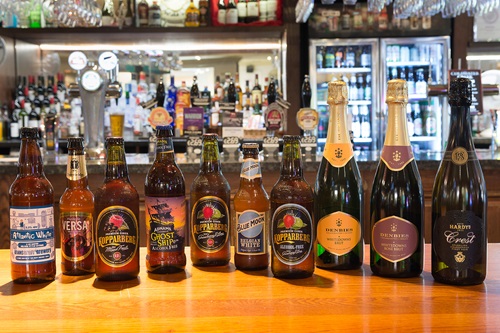
While the glass industry gets recycled cullet from municipal sources, a significant proportion is also sourced from the hospitality sector.
Phillip Fenton is lead packaging and recycling advisor for British Glass, the trade association representing the UK glass industry. He told letsrecycle.com: “Whilst we have seen an increase in volumes of glass recycling from the household, it has not made up for the cliff edge style drop off we have seen in glass recycling from the hospitality sector.
“Recycled glass volumes from glass reprocessors are down significantly”
“Recycled glass volumes from glass reprocessors are down significantly and in some cases glass container manufacturers are having to either import cullet or use more virgin raw materials.
“As an industry we do not want to be in this situation, we want to see a sustainable supply of cullet so we can continue to achieve a recycled content of up to 90% in our glass bottles and we want to continue to drive up our high recycling rates so we don’t have to rely on virgin materials.”
Kerbside
The amount of glass received by reprocessors from municipal sources has increased. This is thought to stem from consumers cooking more and drinking alcohol at home rather than going out, resulting in the use of more jars and bottles.
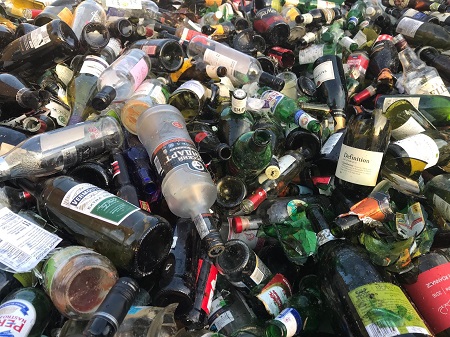
Waste management firm Suez said that the increase in glass from household collections had seen the business handle more municipal glass than it would expect for this time of year. The company’s technical development director, Stuart Hayward-Higham, told letsrecycle.com: “In the early weeks of lockdown we saw a fall in glass from commercial collections as businesses closed their doors and we worked with those customers to tailor services accordingly.
“As we moved into April, we saw an increase in glass from household collections and overall we’re now handling more than at this time last year.”
Behavioural changes
Mr Hayward-Higham’s observations are borne out across the industry.
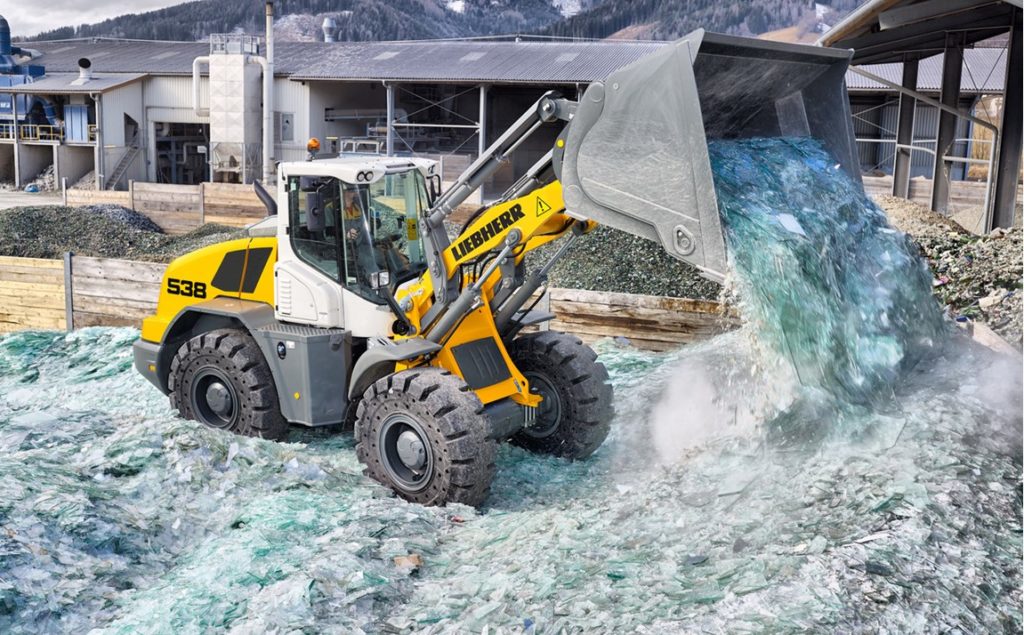
Tim Gent is the director of Recresco, which recycles glass at its two plants in Cwmbran, South Wales, and Ellesmere Port in Cheshire. He told letsrecycle.com: “The closure of the hospitality sector has clearly driven behavioural changes in the public which has caused a notable knock on effect on the flow of glass supply to reprocessers.
“With bars and restaurants closed, consumers are using more jars and bottles at home and this has resulted in a significant increase in hand tonnage glass from commingled kerbside collections.”
“The closure of the hospitality sector has clearly driven behavioural changes in the public”
However, the suspension of recycling collections by many local authorities has also had an impact on the amount of glass collected at the kerbside. A survey carried out by the Association of Directors of Environment, Planning and Transport suggested only 74% of councils operated recycling collection services as normal in the week commencing 4 May (see letsrecycle.com story).
It is thought by some glass industry experts that this has resulted in a decline in the tonnages reprocessors would expect to receive from glass kerbside collections with cullet lost to the residual stream.
Numbers
Rough estimates of the tonnages of glass on the market each year suggest that about 1.7 million tonnes of container glass goes to households with about 600,000 tonnes to the commercial sector. About half the commercial sector glass is usually recovered.
With the household volumes likely to increase during the lockdown, there should be an increase on this side. However, with the loss of glass to residual stream, such as in Cardiff where recyclables have been sent for incineration, increases in recycling at many authorities will be tempered by losses to residual streams where recycling is under pressure.
Reopening
The prime minister’s announcement on 10 May that some parts of the hospitality sector could reopen in July has been welcomed by the glass sector.

Commenting on the hospitality side, Mr Fenton of British Glass told letsrecycle.com: “This is a tough time for us all, as individuals and businesses, and like everyone we want to see our pubs and restaurants ride out this storm and reopen in July or soon after, with those bottles once again clinking with old friends before being recycled and remelted into new bottles and jars.”
Small businesses
There is also concern about the impact of the lack of waste and recycling volumes in the commercial sector on the collectors of recyclables, including glass.
Mr Gent said he was worried that some businesses which usually collect glass from the hospitality sector might not survive the lockdown. He said: “At Recresco we have obviously seen a dramatic reduction in material from suppliers who normally collect from the hospitality sector.
“We want to see our pubs and restaurants reopen in July or soon after with those bottles once again clinking with old friends”
“As the current situation continues, there is a risk to the sustainability of the businesses that conduct these collections, particularly the smaller ones and we certainly hope they can survive in the long term.
“If the infrastructure is damaged there is no doubt we will continue to see this reduction in tonnage even when restrictions are lifted and normal consumer behaviour begins to return.”
Markets
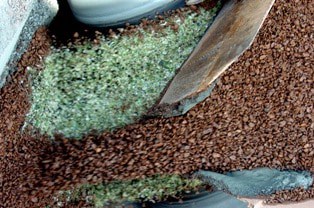
Mr Gent has concerns about all grades of glass and also expects an impact on PRNs. He told letsrecycle.com: “There has been a collapse in demand for aggregate and insulation end users and it is difficult to see how we will be able to provide enough PRNs to meet demand if this situation continues.
“The glass PRN market would have been very tight by the end of this year without the impact of lockdown.”
And, with demand for cullet high, some industry insiders have concerns about the availability of some colours of glass.
Mr Hayward-Higham said: “Demand for recycled glass from manufacturers remains strong with some concern over the mix of colours available – particularly a reduction in clear glass from the hospitality sector – although this is countered by an increased demand for amber glass.
“We’re in regular contact with our commercial customers and when businesses start to re-open, we’ll work with them to adapt their service, from reinstating collections to meeting new or changed requirements.”




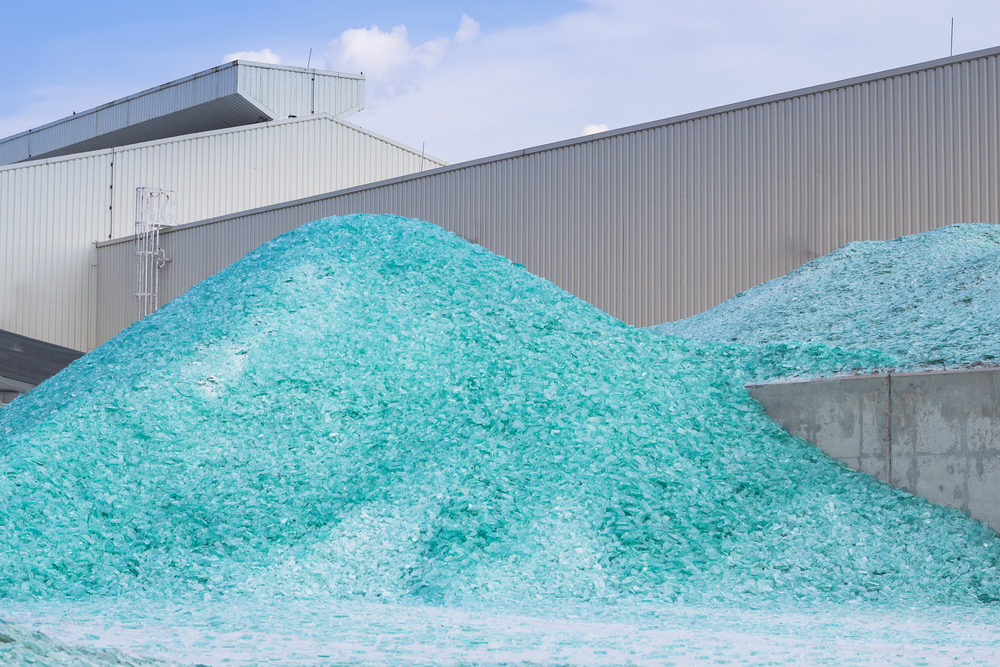
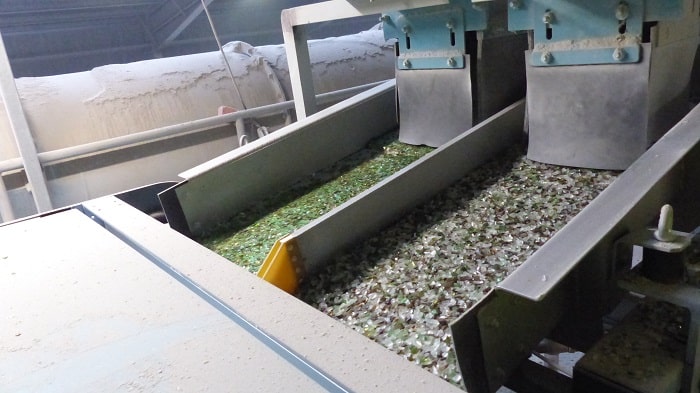



Subscribe for free